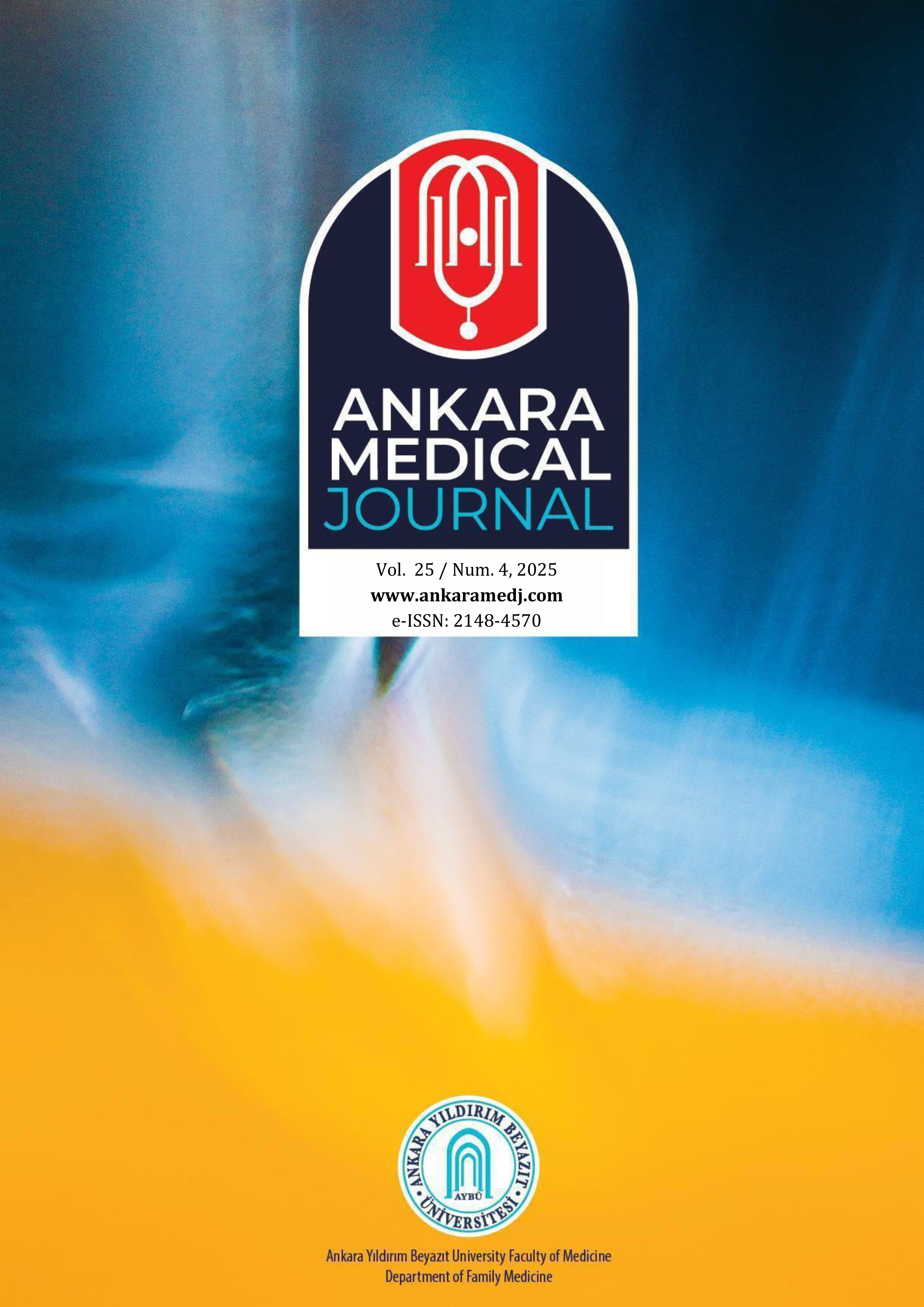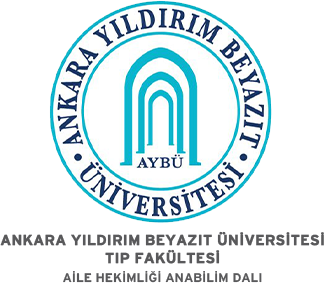Factors Affecting the Health Service Utilisation of Disabled Individuals
Ali İhsan Çabuk1, Ersin Akpinar21Narlıca Number 2 Family Health Center, Adana, Türkiye2Department of Family Medicine, Çukurova University, Adana, Türkiye
INTRODUCTION: Although people with disabilities need health services more, they benefit less from health services. To determine the reasons for this condition, the present study examines the barriers that individuals with disabilities face in accessing health services.
METHODS: In face-to-face meetings, a sociodemographic information form and a questionnaire regarding the obstacles encountered while accessing health services were administered to individuals with disabilities or their parents living in Adana.
RESULTS: 412 disabled individuals between 0.3 and 88 years of age participated in the study. 58.98 % of the participants are men, and 41.01 % are women. While 90.29 % of participants pay for medicine, 91.02 % of participants pay for all kinds of medical supplies, and 92.96 % pay for health services. 64.3 % of participants experience stress while receiving health services. For 70.1 % of the participants, assistant personnel are not assigned in the health institution. 51.2 % of participants do not see sufficient understanding from other patients’ relatives, and 52.2% cannot use their right of priority.
DISCUSSION AND CONCLUSION: Economic conditions and social security rates of disabled individuals are low compared to those of society. The most important obstacle to the access of people with disabilities to health is economic barriers. Other obstacles are that disabled individuals experience stress in the procurement of services, parents with low education level, need their relatives for treatment, not allocating auxiliary personnel in health institutions, not having sufficient understanding from other patient relatives, and not being able to use their rights of priority.
Keywords: Disabled person, health care, access, obstacle, health equity, health disparities.
Makale Dili: İngilizce
(188 kere indirildi)





